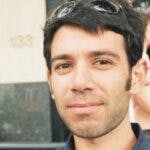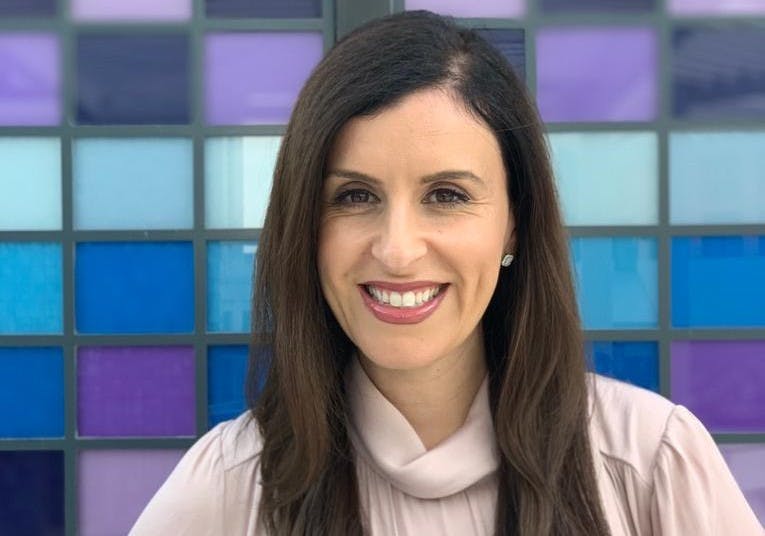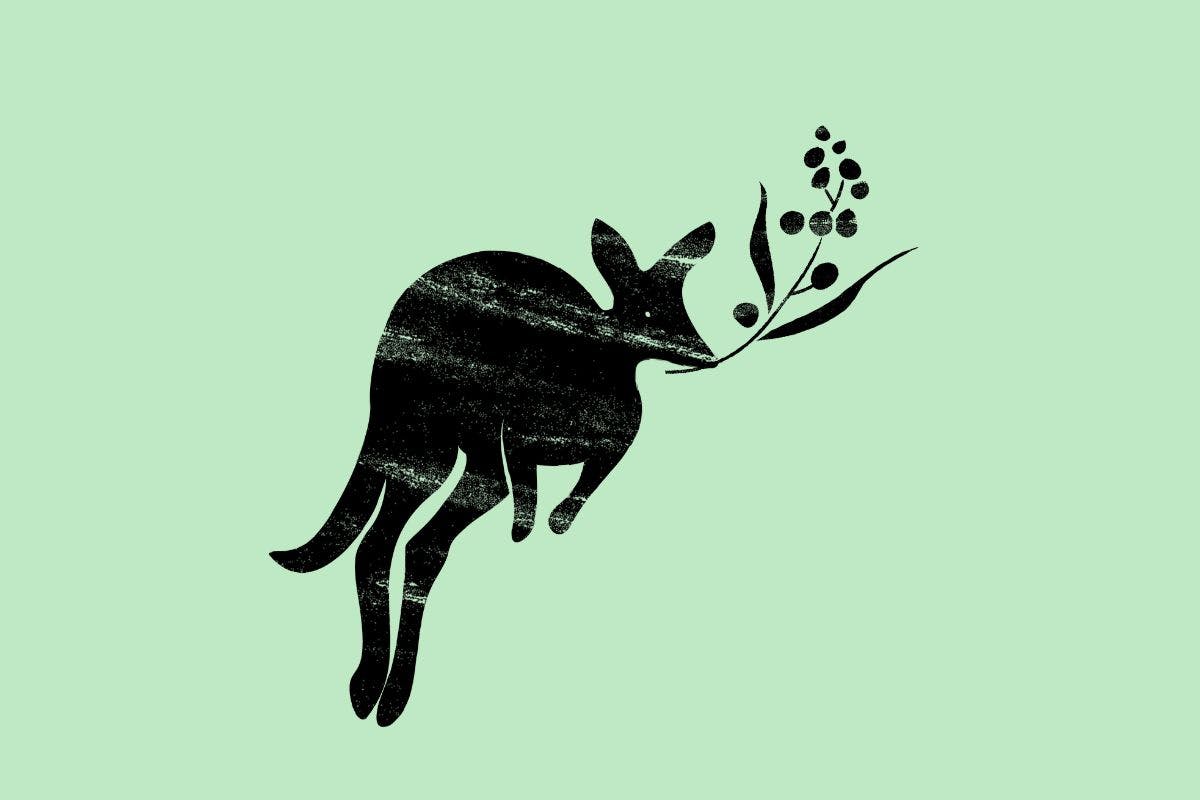Published: 7 November 2023
Last updated: 5 March 2024
When RACHELLE UNREICH sat down to write her mother’s story, she wanted it to capture the joy and life-affirming insights as well as the heartbreak.
Melbourne journalist Rachelle Unreich had long known she would, one day, write the story of how her mother Mira survived the Holocaust. And yet, for two years she struggled to find her way in as she tried to write a plan for the project. Unreich toyed with the idea of turning it into a podcast or even a series of short stories.
But it was only when she scrapped the plan during the pandemic that the words flowed freely. Unreich then wrote for six weeks straight with barely a break.
“It felt like the hand of my mother was beneath me and helping me write because I've never written like that in my life,” she says. “I've never written with such focus.”
The result is Unreich’s new book, A Brilliant Life. It charts Mira’s remarkable life, beginning with her joyous childhood in a Czechoslovakian village before going into hiding from the Nazis. Mira survived four concentration camps, including Auschwitz, and a death march.
Mira was emaciated and on the verge of death when she was liberated from Neustadt-Glewe, a sub-camp of Ravensbrück, at the age of 18. After the war Mira lived in France before finally settling in Australia.


In her writing, Unreich does not shield the reader from the horrors inflicted on her mother. There is Mira’s pain of losing her family and seeing her father shot and dying in front of her. But Unreich was adamant her mother never lost faith in humanity.
“All my life she said to me ‘in the Holocaust I learnt about the goodness of people’,” Unreich says. “I was so incredulous when I heard that. How could she not learn about the cruelty of mankind? But instead I think she focused on those who intervened to save and help her.”
Unreich says Mira was different to many Holocaust survivors because she spoke openly about her experiences when asked. “I never felt that I was opening a horrible wound by asking her.”
She says she rigorously checked all the details in her book to ensure the integrity of her mother’s story could not be challenged. “The last thing I wanted anybody to do was to deny my mother's story had taken place.”
Unreich carried out research through Yad Vashem, Auschwitz, United States Holocaust Memorial Museum and Memory of Treblinka Foundation, and sought out academics and experts to fill holes and check facts.
A Brilliant Life goes well beyond the horrors inflicted by the Nazis. It celebrates Mira’s spirit, her creativity, sense of style and love for her family. Unreich writes about how her mother had been a “fit model” in Paris after the war and took pride in her appearance.

In Mira’s Melbourne home, Unreich describes the rumpus room as a “psychedelic vortex” that impressed visitors with an eye for design. “She was prone to decorating with vivid colours, and I was with her when she purchased a chaise lounge at an auction and promptly had it reupholstered in deep purple velvet,” Unreich writes.
Mira died of ovarian cancer in 2017, leaving behind four children as well as grandchildren and great-grandchildren. Unreich and her siblings have kept their mother’s apartment intact and even continued using it for Shabbat dinners for a while.
The front door opens into a room decorated with striking wallpaper and furnished with a curved green couch, a chandelier, a piano and eclectic artworks.
“In this room, I think we gets a sense of how joyous she was. She was creative and vibrant and you see that in her decor choices. She chose this wild, colourful kaleidoscope type wallpaper,” Unreich says, sitting in the apartment. “She was mid-century modern before it was a thing.”
Unreich feels a great sentimentality inside her mother’s home, but after Mira died people often asked if it felt odd being there.
“I think they sense that it was morbid in some way. But I feel the embrace of her in every room.”


Unreich began interviewing Mira shortly after she was diagnosed with cancer aged 88. By then Mira had already given interviews about her Holocaust experience. But Unreich felt there was much more to learn. Although cancer had weakened Mira, Unreich treasured those conversations.
“I really wanted to find out not so much what happened to her but who she was as a person.”
Despite the trauma and horrors inflicted on her, Unreich never considered her mother vulnerable or broken by her experience. “She was so strong. I felt like she could carry the weight of the world on her shoulders easily. If she'd had an education and she had a different life, she would have been the CEO of a company.”
Photo: Rachelle Unreich with her mother Mira (supplied)
A Brilliant Life is published by Hachette Australia




